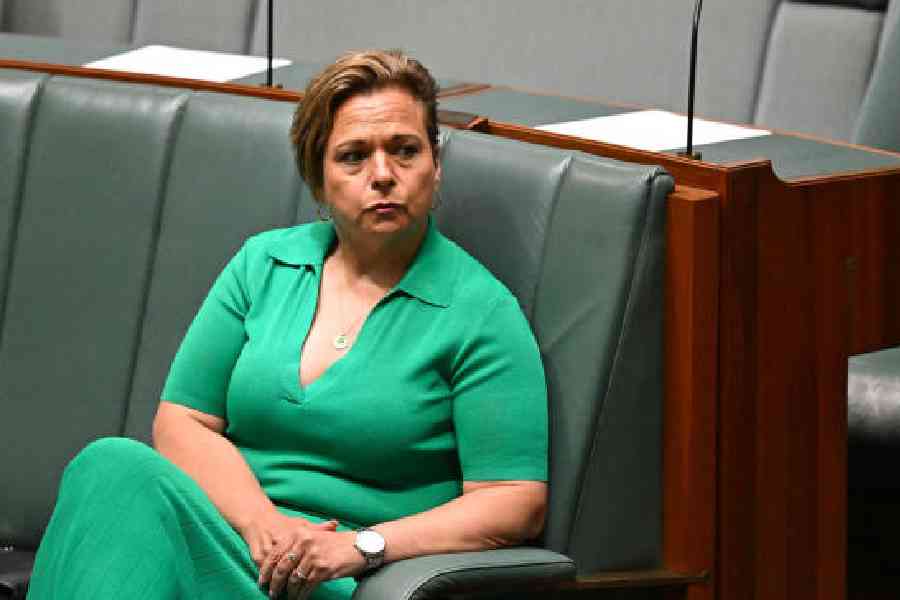Australia has passed a law to prevent children under 16 from creating accounts on social media platforms.
The bill, which the government calls a “world leading” move to protect young people online, was approved in the Senate on Thursday with support from both of the country’s major parties. The lower house of parliament had passed it earlier in the week.
“This is about protecting young people — not punishing or isolating them,” said Michelle Rowland, Australia’s communications minister. She cited exposure to content about drug abuse, eating disorders and violence as some of the harms children can encounter online.
The legislation has broad support among Australians, and some parental groups have been vocal advocates. But it has faced backlash from an unlikely alliance of tech giants, human rights groups and social media experts.
Critics say there are major unanswered questions about how the law will be enforced, how users’ privacy will be protected and, fundamentally, whether the ban will actually protect children. The law requires social media platforms to take “reasonable steps” to verify the age of users and prohibit those under 16 from opening accounts.
It does not specify which platforms the ban will cover — that will be decided later — but the government has named TikTok, Facebook, Snapchat, Reddit, Instagram and X as sites it is likely to include.
Three broad categories of platforms will be exempt: messaging apps (like WhatsApp and Facebook’s Messenger Kids); gaming platforms; and services that provide educational content, including YouTube. Those 15 and under will also still be able to access platforms that let users see some content without registering for an account, like TikTok, Facebook and Reddit.
Rowland said the restriction on creating accounts, rather than on content more broadly, would mitigate harms associated with online life — like “persistent notifications and alerts” that could affect young people’s sleep and ability to focus — while limiting the law’s effect on the broader population.
New York Times News Service











